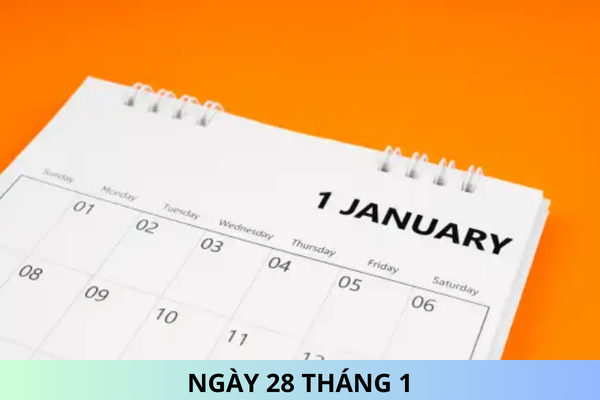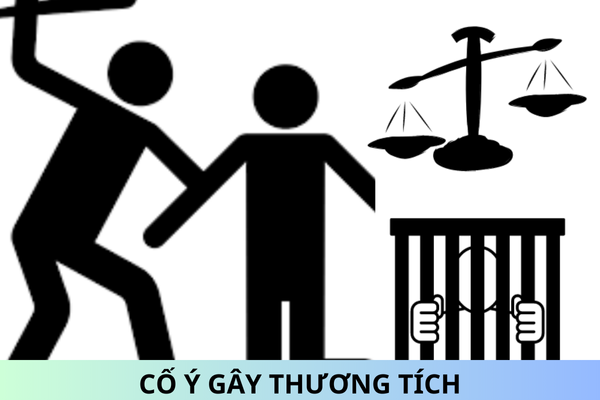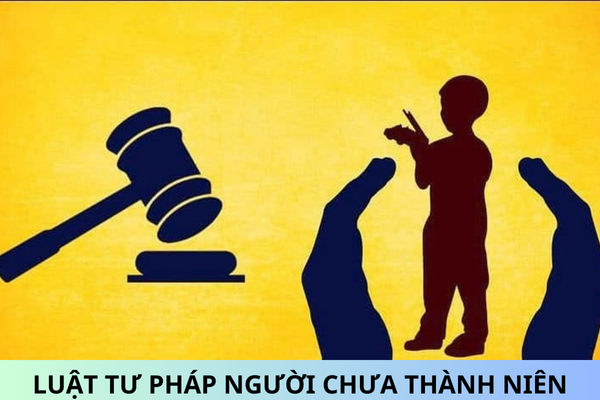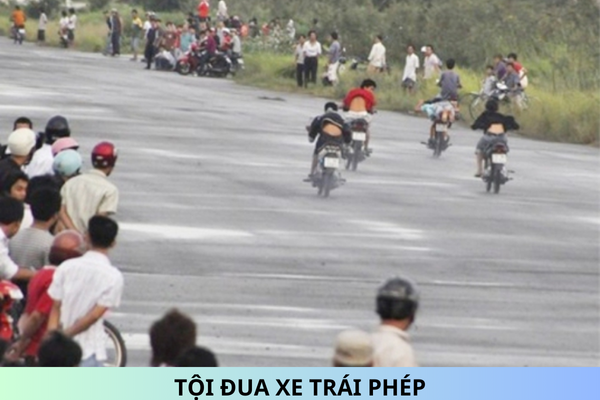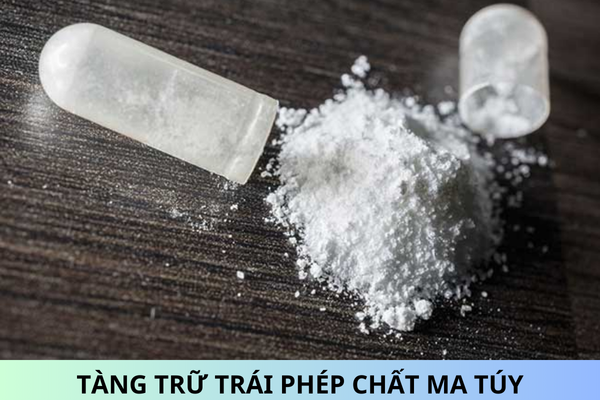Will the Anti-Human Trafficking Law 2024 in Vietnam be effective from July 01, 2025?
Will the Anti-Human Trafficking Law 2024 in Vietnam be effective from July 01, 2025?
The Anti-Human Trafficking Law 2024 was passed by the 15th National Assembly of the Socialist Republic of Vietnam during its 8th meeting on November 28, 2024.
The Anti-Human Trafficking Law 2024 stipulates measures for the prevention, detection, and handling of human trafficking activities and other behaviors that violate anti-trafficking laws; procedures for receiving, verifying, identifying, supporting, and protecting victims and those in the process of being identified as victims; state management and responsibilities of agencies, organizations, families, and individuals in combating human trafficking; and international cooperation in anti-trafficking efforts.
The Anti-Human Trafficking Law 2024 shall come into effect from July 1, 2025.
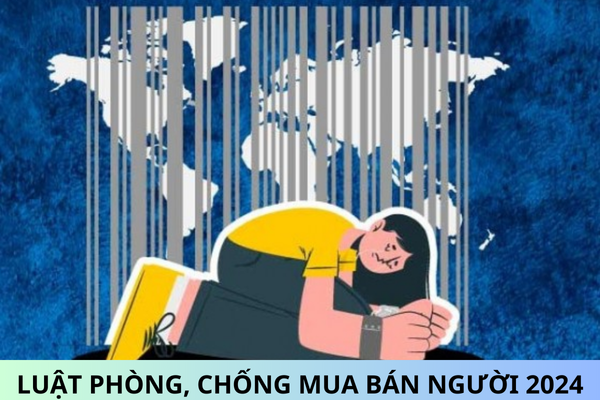
Will the Anti-Human Trafficking Law 2024 in Vietnam be effective from July 01, 2025? (Image from Internet)
What are prohibited acts regarding human trafficking in Vietnam?
According to Article 3 of the Anti-Human Trafficking Law 2024, the following acts are prohibited:
Article 3. Prohibited acts
- Human trafficking as prescribed in Clause 1, Article 2 of this Law.
- Agreements to traffic individuals while they are still fetuses.
- Coercion, brokerage, or instigation for others to perform acts specified in Clauses 1 and 2 of this Article.
- Threatening or retaliating against victims, individuals in the process of being identified as victims, their relatives, witnesses, whistleblowers, informers, or those who prevent acts stipulated in this Article.
- Complicity, concealment, facilitation, obstruction, intervention, or failure to handle or improper legal handling of human trafficking acts.
- Exploiting anti-human trafficking activities for illicit gains or performing unlawful acts.
[...]
Thus, the prohibited acts in human trafficking include:
- Recruiting, transporting, harboring, transferring, or receiving individuals for monetary gain, assets, other material benefits, sexual exploitation, forced labor, organ removal or other inhuman purposes through force, threat of force, deception, or other means.
- Agreements to traffic individuals while they are still fetuses.
- Coercion, brokerage, or instigation for others to perform the following acts:
+ Recruiting, transporting, harboring, transferring, or receiving individuals for monetary gain, assets, other material benefits, sexual exploitation, forced labor, organ removal, or other inhuman purposes through force, threat of force, deception, or other means.
+ Agreements to traffic individuals while they are still fetuses.
- Threatening or retaliating against victims, individuals in the process of being identified as victims, their relatives, witnesses, whistleblowers, informers, or those who prevent human trafficking acts.
- Complicity, concealment, facilitation, obstruction, or improper legal handling of human trafficking acts.
- Exploiting anti-human trafficking activities for illicit gains or performing unlawful acts.
- Obstructing the rescue, reception, verification, identification, protection, and support of victims, or those in the process of being identified as victims.
- Obstructing the detection, reporting, informing, denunciation, or legal handling of acts specified in this Article.
- Insulting, stigmatizing, or discriminating against victims, or those in the process of being identified as victims.
- Disclosing information about victims, or those in the process of being identified as victims without their consent or that of their legal representatives, unless otherwise provided by law.
- Falsely claiming to be a victim.
- Other violations of the Anti-Human Trafficking Law 2024.
What are rights of victims and individuals in the process of being identified as victims of human trafficking in Vietnam?
According to Article 6 of the Anti-Human Trafficking Law 2024, victims and individuals in the process of being identified as victims of human trafficking have the following rights:
- Request competent authorities to apply protective measures for themselves and their relatives according to this Law when harmed, threatened with harm, or at risk of harm to their life, health, honor, dignity, property, and other legitimate rights and interests related to anti-trafficking.
- Be informed about their rights, legitimate interests, and anti-trafficking preventive measures.
- Be entitled to receive support policies as prescribed or refuse support.
- Have their personal and family privacy, residence, workplace, and other information protected under legal regulations.
- Obtain documentation and certification as a victim from competent authorities.
- Receive compensation for damages according to the law.
- Refuse the application of protective measures.
- Other relevant legal rights.

